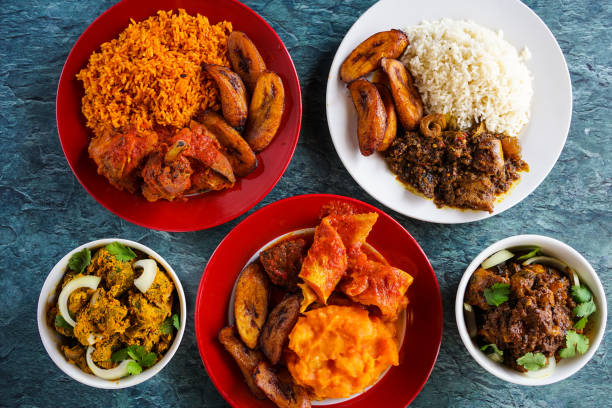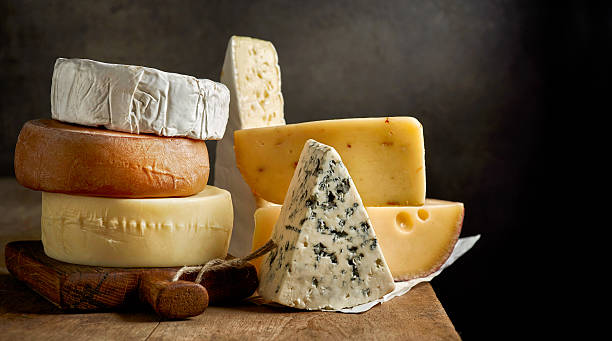A Journey into the Exotic Flavors of Nigerian Cuisine
Nigeria, a vibrant West African nation, offers a rich tapestry of diverse culinary traditions that are as colorful and diverse as its people. This article will take you on a fascinating exploration of Nigerian cuisine, highlighting unique dishes, cooking techniques, and the country's gastronomic culture.

Nigerian Gastronomy: A Melting Pot of Exotic Flavors
Nigeria’s gastronomy is a mix of traditional African, European, and Asian influences, resulting in a flavorful and vibrant cuisine. This fusion has birthed an array of dishes like Jollof rice, Egusi soup, Akara, and Suya. These dishes serve as a testament to Nigeria’s culinary diversity, reflecting the country’s rich history and cultural influences.
The Hallmark of Nigerian Cuisine: Jollof Rice
Jollof Rice, a spicy one-pot dish usually made with long-grain rice, tomatoes, onions, and a variety of spices, is a staple in Nigerian homes. It’s often garnished with vegetables and served with fried plantains or grilled meat. Its fiery red color, rich flavors, and mouthwatering aroma make it a national favorite and a must-try for every food enthusiast.
Egusi Soup: A Traditional Delight
Egusi soup, made from ground melon seeds, is another Nigerian classic. It’s often thickened with vegetables, seasoned with assorted meat and fish, and served with traditional Nigerian swallows like Pounded Yam or Eba. The distinct flavors and textures of Egusi soup embody the heart of Nigerian cuisine.
Akara and Suya: Street Food Wonders
Nigeria’s culinary scene wouldn’t be complete without its vibrant street food culture. Akara, a deep-fried bean cake, and Suya, skewered grilled meat coated with a spicy peanut mix, are popular street foods that reveal Nigeria’s love for deep flavors and hearty meals.
- Akara is typically enjoyed for breakfast with bread or pap, a local cereal pudding.
- Suya, usually sold by street vendors at night, is best enjoyed hot and is often accompanied by slices of raw onions and tomatoes.
Exploring Nigeria’s Palm Wine Culture
Palm wine, a sweet, frothy alcoholic beverage tapped from the sap of various species of palm trees, plays a significant role in Nigeria’s food and drink culture. Often consumed fresh, palm wine serves as a symbol of hospitality and kinship, often shared among friends and at communal gatherings.
- Palm wine is often served in traditional gourds, adding an authentic touch to the drinking experience.
- It’s known for its health benefits, including improving vision and promoting lactation in nursing mothers.
As we conclude our journey through Nigerian cuisine, it’s clear that Nigeria’s culinary landscape is vast and diverse. From the rich, spicy flavors of Jollof rice and Egusi soup to the tantalizing street foods and refreshing palm wine, Nigerian cuisine offers a unique gastronomic adventure that is sure to excite and inspire every food lover. So next time you’re looking to explore new flavors, why not take a trip to Nigeria through its food? You’re in for a treat!




